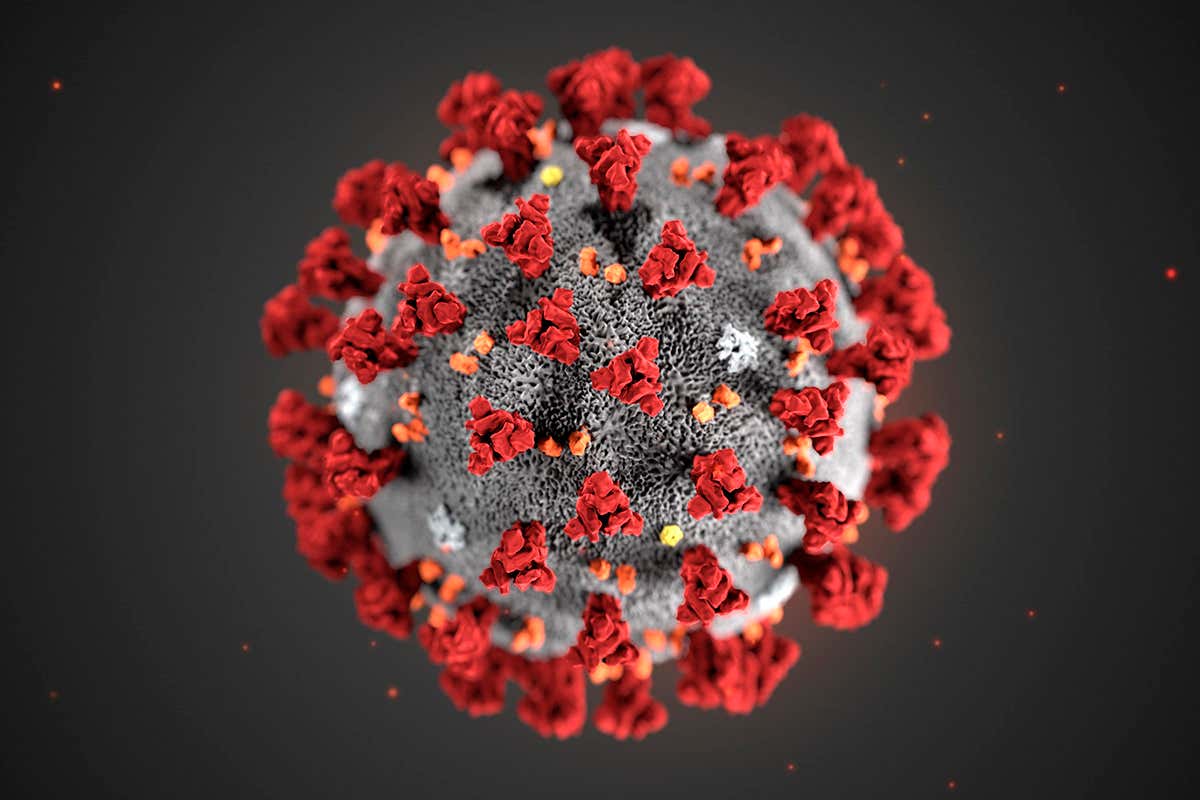COVID-19: Research reveals high death rate among hospitalised African kids, adolescents
A multi-country African study has revealed high mortality rates among children and adolescents hospitalised for COVID-19 in Nigeria and other Africa countries. The study which was recently published in JAMA Pediatrics, the highest-ranked paediatric journal in the world, was done by researchers from the Institute of Human Virology Nigeria (IHVN) and the Ahmadu Bello University (ABU), […]

A multi-country African study has revealed high mortality rates among children and adolescents hospitalised for COVID-19 in Nigeria and other Africa countries.
The study which was recently published in JAMA Pediatrics, the highest-ranked paediatric journal in the world, was done by researchers from the Institute of Human Virology Nigeria (IHVN) and the Ahmadu Bello University (ABU), Zaria.
The study, titled: “Assessment of Clinical Outcomes Among Children and Adolescents Hospitalised with COVID-19 in 6 Sub-Saharan African Countries”, was conducted by a collaboration under AFREhealth (the African Forum for Research and Education in Health), a consortium of cross-disciplinary health personnel across Africa.
The study was led by the Principal Investigator, Prof Jean Nachega, of the University of Pittsburgh, USA, and Stellenbosch University, South Africa; while Prof Umar Lawal of the College of Medicine, ABU, led the Nigerian team for the study.
The AFREhealth study collected data from 25 health facilities across Nigeria, Ghana, Democratic Republic of Congo, Kenya, South Africa and Uganda. The study included 469 African children and adolescents aged three months to 19 years hospitalised with COVID-19 between March and December, 2020, and reported a high overall mortality rate of 8.3 per cent, compared with one per cent or less reported from Europe and North America.
The study also showed that African children less than a year old and with pre-existing non-communicable diseases were more likely to have poorer outcomes, including intensive care requirement and death.
Eighteen participants had suspected or confirmed multi-system inflammatory syndrome, and four of the children died.
IHVN Senior Technical Advisor for Paediatric and Adolescent HIV, Dr Nadia Sam-Agudu, who is also an Associate Professor of Paediatrics at the University of Maryland School of Medicine, is a co-first author of the publication and he led the West Africa team.
Dr Sam-Agudu said, “This study provides important information about COVID-19 among African children that was not previously available at this scale. We now have evidence from multiple countries to show that African children also experience severe COVID-19, they experience multi-system inflammatory syndrome, some require intensive care, and some also die, and at much higher rates than outside Africa.”
He urged Nigerian authorities to act upon study findings to protect children, including the expansion of vaccine approvals and procurements to include children, as variants emerging since the study’s completion had either caused more severe disease and or more cases overall.
IHVN Chief Executive Officer, Dr Patrick Dakum, said the data from the research put science from Nigeria and the rest of Africa squarely on the map for pandemic-responsive research, particularly for young populations.
“We will continually work towards contributing to research discoveries in Nigeria, West Africa and beyond,” he said.
Executive Director of the IHVN International Research Centre of Excellence, Prof Alash’le Abimiku, also noted that, “The high impact paediatric COVID-19 findings of the collaborative research underscores the value of sustained investments in strong research institutions, collaborations and leadership in Nigeria and across Africa.”
The Director General of the Nigeria Centre for Disease Control (NCDC), Dr Ifedayo Adetifa, said, “The AFREhealth study findings show that COVID-19 affects children and can cause severe consequences.
“Thus, we seriously need to factor children into age-disaggregated COVID-19 disease surveillance and reporting, and consider COVID-19 illness when they present to the hospital..”
